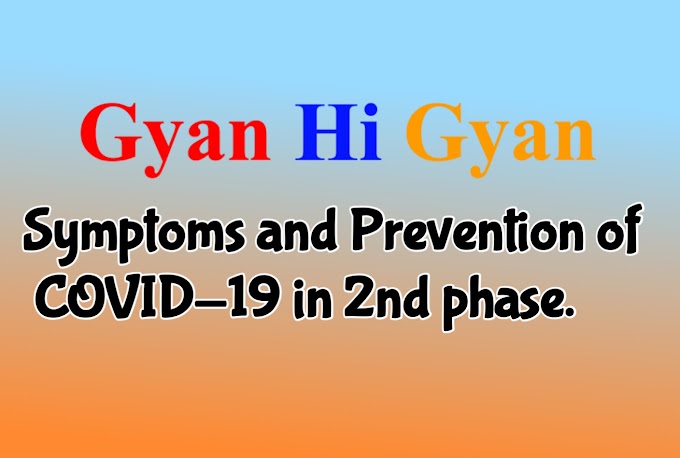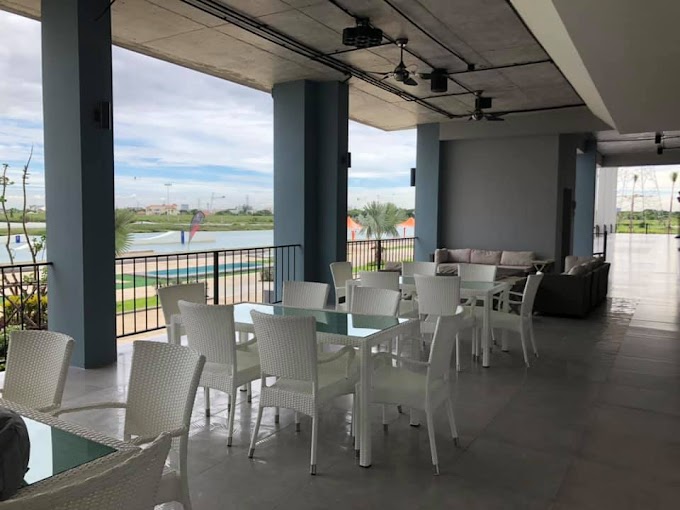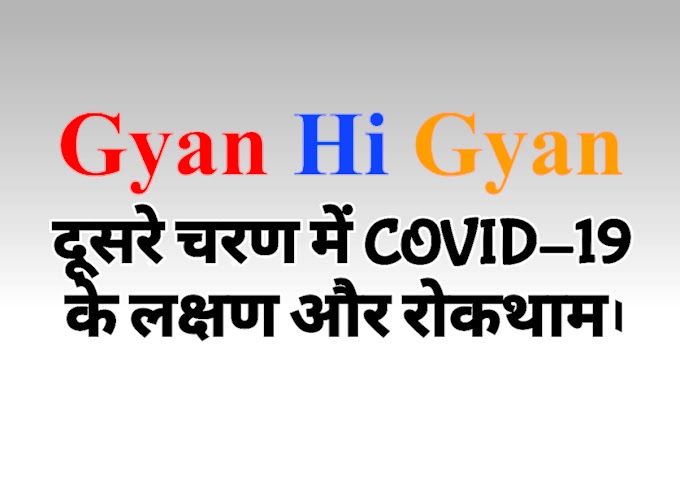Europe lifting lockdown restriction.
The pace of Europe's Covid-19 vaccination campaign has picked up and in many countries infection rates have been falling.
France
France eased restrictions on 3 May. A domestic travel ban was lifted, enabling people to travel further than 10km (six miles) from home again, without needing to carry a form justifying travel.
Secondary school students went back to classes; nurseries and primary schools had reopened earlier.
From 19 May outdoor service is expected to resume at bars, cafes and restaurants, and spectators are to be allowed back into sports venues, albeit with limited numbers. Museums, cinemas and non-essential shops are set to reopen too, again with limited numbers and strict hygiene.
From that date too the night-time curfew is to start two hours later at 21:00, and eventually be lifted at the end of June.
Germany
A controversial new lockdown law enables Germany's federal government to impose an overnight curfew and shut schools wherever infection rates rise too high.
Cities or areas that exceed a rate of 100 new infections per 100,000 inhabitants for three consecutive days have to impose the measures.
The law will remain in place until 30 June.
The good news is that in much of Germany infection rates have been coming down. So several German states are planning to start easing restrictions, after more than six months of lockdown.
Berlin plans to lift a night curfew and ease shopping restrictions from 19 May and allow outdoor dining from 21 May, if the infection rate remains below 100.
 |
| Italy |
Italy
Most of Italy is now in a "yellow zone" which means that bars and restaurants are open. There is freedom to travel between "yellow" regions.
Most students are back at school, and some outdoor cultural events are allowed.
A curfew between 22:00 and 05:00 remains in place nationwide and masks are compulsory in all public spaces, indoors and outdoors.
Denmark
Denmark has lifted many restrictions - shops and eating places have reopened.
The government has also introduced a "corona pass" for everyone over the age of 15.
This pass, available on mobile phone or on paper, shows whether people have been vaccinated, previously infected or have had a negative test in the past 72 hours.
People need to show it for entry to bars, restaurants, museums or hairdressers, or to attend football matches.














